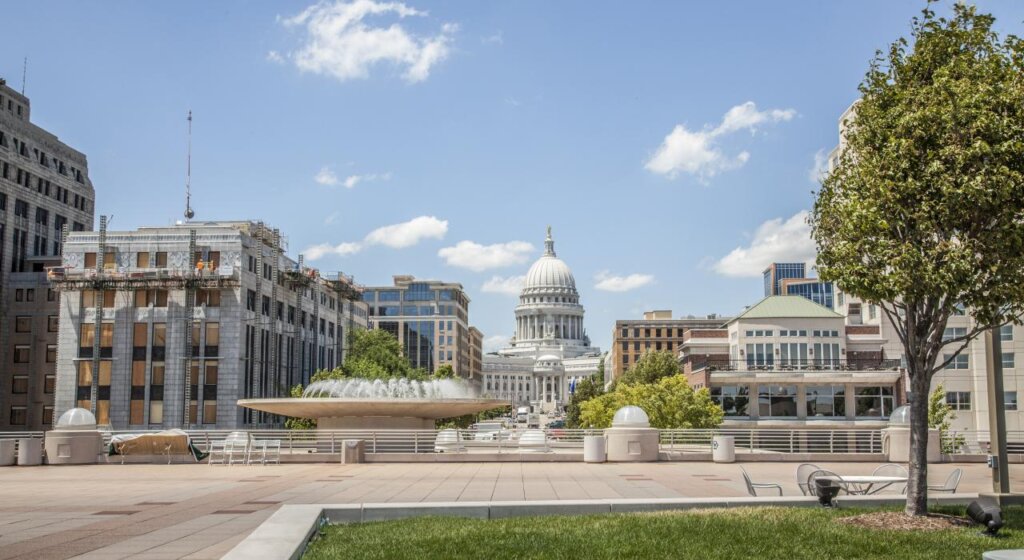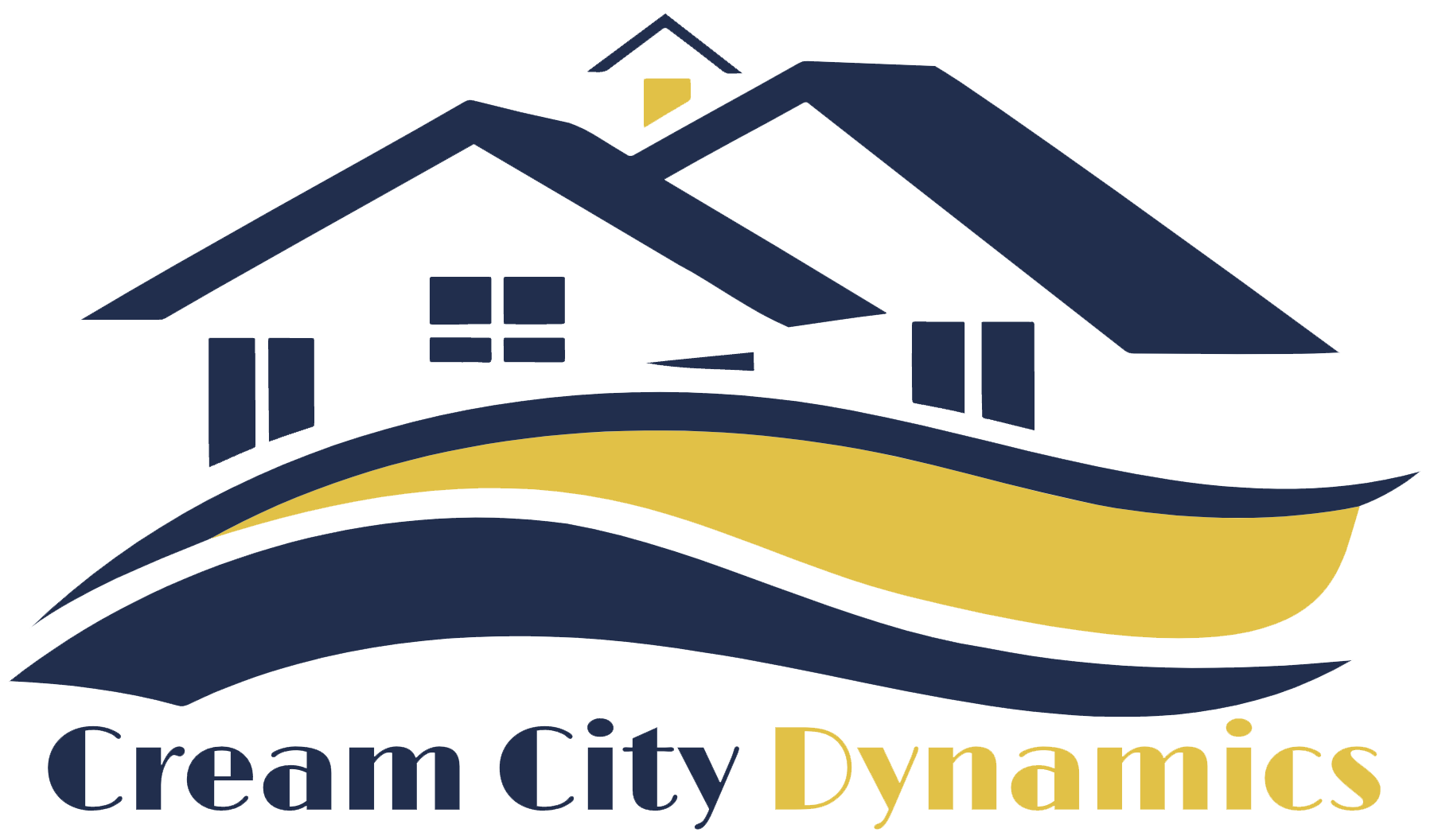
Inheriting a home can feel like a generous gift, especially in a thriving city like Madison. But while the property itself may hold emotional and financial value, the reality is that many people are unprepared for the responsibilities that come with it. From unpaid taxes and maintenance issues to legal complications and unexpected fees, the hidden costs of inheriting property in Madison can turn what seems like a blessing into a serious financial burden. If you’re navigating the process of inheritance, it’s important to understand these potential costs early on so you can make informed decisions about whether to keep, sell, or rent out the property. Recognizing the hidden costs of inheriting property in Madison will help you avoid surprises and take control of the situation from the very beginning.
Outstanding Mortgage or Liens
One of the first surprises many heirs face is discovering that the inherited property isn’t entirely paid off. While some homes are passed down without debt, it’s very common for a mortgage balance to remain at the time of death. Inheriting a house in Madison with a mortgage means you’ll either need to take over the monthly payments or pay it off through the estate. In more complex situations, the property might have additional liens—perhaps from unpaid taxes, judgments, or even contractor work. These financial obligations don’t simply disappear; they follow the property and must be settled before any sale or transfer can occur. Without understanding this upfront, heirs can find themselves scrambling to cover debts they didn’t anticipate.
Unpaid or Ongoing Property Taxes
Another common and costly surprise is property taxes. If the previous homeowner was behind on their taxes, that debt becomes your responsibility the moment the property is transferred. Even if the taxes were current at the time of death, you’ll be responsible for future payments. In Madison, the city periodically reassesses property values, and the death of a longtime owner may trigger a new assessment, potentially increasing the annual tax bill. Many heirs assume they won’t have to worry about taxes right away, but delays in payment can lead to penalties or even foreclosure. Staying informed about the tax status and upcoming due dates is crucial to avoid unnecessary expenses.
Maintenance and Repair Costs
An inherited property in Madison may look fine on the surface, but once you dig in, the hidden costs often start with the condition of the home itself. Especially when the previous owner was elderly or unable to maintain the home, you may walk into years of deferred maintenance. Issues like aging roofs, worn-out heating systems, outdated plumbing, or structural damage aren’t always visible right away. In addition, older properties may not meet current safety standards or building codes. If you plan to sell the home, even minor repairs can add up quickly. And if you plan to live in or rent it out, you’ll need to address health and safety issues first—sometimes before the property is even habitable.
Legal and Probate Fees
When a home is passed down through a will or estate, it typically goes through the probate process in court. Probate is a legal procedure that confirms the validity of a will and ensures assets are distributed according to the deceased’s wishes. Unfortunately, probate is rarely quick or free. Attorney fees, court filing fees, appraisal costs, and document preparation can all pile up, especially if there are multiple heirs or any disputes about the estate. In some cases, probate can take months—or even years—depending on the complexity of the estate. For anyone inheriting property in Madison, legal costs can quietly drain resources and delay your ability to take full control of the property.
Utilities and Monthly Bills
Even when a home is unoccupied, there are still monthly bills to consider. Once you inherit a property, you’re responsible for keeping the lights on, water running, and heat functioning—especially during harsh Madison winters. Utility companies often charge a base rate even if usage is low, and these bills can build up over time if the home sits vacant. If you’re trying to decide what to do with the property, these holding costs can create financial pressure and make it difficult to take your time. In some cases, additional services like trash collection, lawn care, or snow removal may also be necessary just to keep the property in good condition.
Insurance and Liability
Another often-overlooked hidden cost of inheriting property in Madison is insurance. When a homeowner passes away, their existing insurance policy may no longer apply. Most policies don’t automatically transfer to heirs, and leaving the property uninsured—especially while it’s vacant—opens you up to serious risk. You’ll need to secure a new insurance policy quickly, and if the home will be unoccupied for any length of time, you may need special coverage, which tends to be more expensive. Moreover, as the new owner, you’re now legally liable for any injuries or damage that occur on the property. Without proper insurance, even a minor incident could result in legal and financial complications.
Capital Gains and Tax Considerations
Taxes don’t end at property tax. If you decide to sell the inherited home, you may be responsible for capital gains taxes. The IRS allows for a stepped-up basis, which means the home’s value is reset to its market value at the time of inheritance. However, if you hold onto the property and it increases in value before selling, you may owe taxes on that gain. In a growing market like Madison, property values can rise quickly. Additionally, rental income from the property becomes taxable if you choose to lease it out. Without a clear understanding of these tax implications, you could find yourself facing an unexpected bill from the IRS.
HOA or Neighborhood Fees
If the inherited property is located in a neighborhood with a homeowners association, you may be surprised by the additional monthly or quarterly fees. Many Madison condo units, townhomes, and newer subdivisions are governed by HOAs that charge dues for common area maintenance, snow removal, and landscaping. These fees are non-negotiable and must be paid regardless of whether the property is occupied or not. Failing to pay can result in fines or even liens on the property. If you weren’t aware that the property had HOA obligations, this expense can sneak up on you and add to the hidden costs of inheriting property in Madison, making ownership more expensive than you initially expected.
Selling and Transaction Costs
Lastly, if you decide to sell the inherited property, be prepared for the final round of hidden costs of inheriting property in Madison. The sales process often involves much more than simply finding a buyer. You’ll likely need to hire a real estate agent, pay commission fees, handle closing costs, and potentially invest in staging or minor renovations to make the home attractive on the market. Even if no major repairs are needed, professional cleaning, landscaping, and inspections can still cost hundreds or even thousands of dollars. These selling-related expenses can significantly reduce your net proceeds and may catch you by surprise, especially if you’re counting on the sale for immediate financial relief. In Madison’s competitive real estate landscape, preparing the property properly can increase your chances of a smooth sale—but not without investing upfront.
Final Thoughts
The hidden costs of inheriting property in Madison aren’t always obvious at first, but they can add up quickly and unexpectedly. From legal complexities and unpaid debts to upkeep and taxes, every aspect of ownership carries potential expenses that many heirs are unprepared for. Before making decisions about what to do with an inherited home, it’s wise to assess the full financial picture. Consulting with legal, tax, and real estate professionals can help you avoid missteps and make the most of your inheritance. Whether you choose to keep, rent, or sell the property, understanding these hidden costs will help you take the next steps with confidence.
